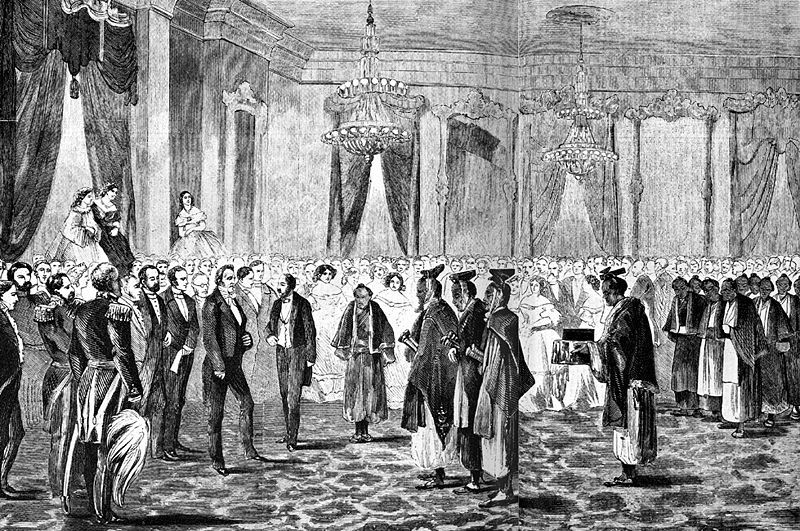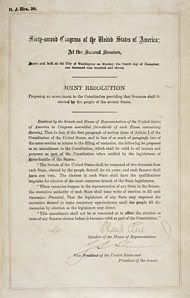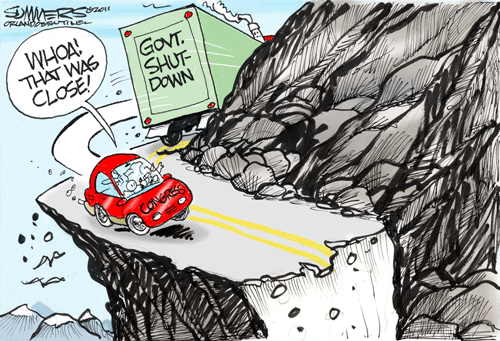Your Bloguero this week had an epiphany. Please. Your Bloguero heard that all the way over here. OK, you have a point. It’s a small one, your Bloguero thinks, but he will concede it. Maybe, as you say, his insight doesn’t really qualify for such a pompous, grandiloquent noun. But maybe it does. What was that? Nothing? Your Bloguero still hears you snickering. OK, maybe it’s just another passing, soon to be forgotten, exceedingly minor insight that your Bloguero is trying to palm off as something important. You’ll be the judge of it, sure. That’s fine. Your Bloguero doesn’t mind your having a joke (or a series of them) at your Bloguero’s expense. He can take a joke.
As your Bloguero was saying before he stepped on the cuff of his own pants because he was distracted by your unsolicited remarks, and stumbled awkwardly toward the gutter, your Bloguero had an insight. About clouds. Yes, the clouds you may see overhead, depending on where you are and when you look skyward. Yes, those clouds. And particularly the clouds in Patagonia. Stop that. Really. The epiphany was about clouds. Just give your Bloguero a chance, will you? OK? He will explain.
Maybe a quotation from Cesar Aira will help to convey this epiphany in all of its grandeur:
The actual winds, the air masses displaced between difference in pressure, always go toward the same place in the end, and they come together in the Argentinian skies; big winds and little winds, the cosmopolitan oceanic winds as much as the diminutive backward breezes: a funnel of stars gathers them all together, adorned with their velocities and orientations like ribbons in their hair, and brings them to rest in the privileged region of the atmosphere called Patagonia. That’s why the clouds there are ephemera par excellence, as Leibniz said of objects (“objects are momentary minds”: a chair is exactly like a man who lives for a single instant). The Patagonian clouds welcome and accommodate all transformations within a single instant, every transformation without exception. That’s why the instant, which in any other place is as dry and fixed as a click, is fluid and mysterious in Patagonia, fantastic. Darwin called it: Evolution. Hudson: Attention.
No, it didn’t help? Well, it’s not all that easy to convey epiphanies.
Look, it’s about the clouds. So your Bloguero this week has been looking up. At the sky. At the clouds. A lot. Why? This activity, as far as your Bloguero is concerned, is far, far more productive and far less disturbing than watching Congresspeople, all of whom obviously failed Economics 101, argue with each other about, of all things, Economics 101. They failed it years ago. They have forgotten whatever parts of it they actually knew back then. This is really upsetting. Especially when the primary argument appears to be that killing the economy dead as utterly flattened, unrecognizable road kill, so that nobody at all will be working and interest rates will be even more exorbitant and bank profits will be even more shameful, will prove something. What will it prove, you ask? It will prove that petulance is the new politics. And that stupidity rules in Washington. And that putting morons in Congress is the equivalent of unleashing weapons of mass destruction on the US. It’s that simple. You want to know where the WMD’s are? Look to your Congress.
But I digress. The clouds. Back to gazing at the clouds. Because of the abysmal quality of the current national debate about the debt ceiling, your Bloguero this week focused on the clouds. Your Bloguero loves to look at the clouds. He did that before, as well. Last time, the topic was Credit Default Swaps and the alleged necessity for bailing out porcine felines who were too corpulent to push themselves away from the public trough filled with your wealth. And nobody could move them either. They had to be fed more and more and more until they nearly exploded. Cue Monty Python. Now the same topic has morphed into whether grandmothers will end up homeless, eating cat food and being told that they should perform open heart and cataract surgery on themselves. And find home remedies in the woods instead of getting their prescriptions paid for. In other words, different day, same topic, same redistribution of wealth from grandma to exploding porcine felines. So your Bloguero, who has seen quite enough of this, thank you, looks instead to the clouds.
Cloud Hunter explores your Bloguero’s proposal for funding so that he may travel the world and photograph the clouds with his cell phone. This occupation draws your Bloguero’s attention and passion. The crazier the public discourse, the more your Bloguero seeks to emigrate to another place, another way of life. Is there intelligent life somewhere on this planet?
No doubt the cloud proposal was driven by Counting Down To Default And The End Of The World, a countdown clock, and Today’s Exercise In Participatory Democracy, a recounting of your Bloguero’s communications with his Republican Congressperson semi-T Bagger Chris Gibson, and Buddy Can You Spare A Dime, your Bloguero’s only serious look at the deficit ceiling debate before turning his attention skyward. .
In all important Futbol news (Futbol is far more important to your Bloguero than partisan politics or voodoo economics, a sign of your Bloguero’s sanity and resilience) your Bloguero noted that US Men’s National Team CoachBob Bradley was finally fired, a sacking for which the US defense and midfield and aging prima ballerina Landon Donovan should take full and ignominious credit, and an incredible goal scored by Uruguay’s Diego Forlan in the final of the Copa America, which Uruguay won. Note: Uruguay is a power for World Cup 2012. They will go to the finals, your Bloguero prognosticates.
She’s Alive , a remarkable video, notes the martyrdom of environmental advocates.
Newark: Too Darn Hot recollects your Bloguero’s fabled boyhood in the boiling hot Newark of the 1950s and gives you the voice of Ella Fitzgerald who was utterly fantastic. The piece was inspired by the Eastern US heatwave.
And finally, from the local jail, is this crazy, Benny Hill pursuit of a prisoner by guards, which the authorities don’t think is funny. But your Bloguero does.
This Week In The Dream Antilles is a weekly digest. Sometimes, like now, it is actually a digest of essays posted in the past week. Your Bloguero always solicits your support. No, not your money. Just leave a comment so that your Bloguero will know that you stopped by. Or, even easier, just click the “Encouragement jar”. Humor him. Your Bloguero likes to know that you’re visiting.


 The “Progressive Era” was not so named because it was an era in which Great Progress was automatic, or effortless. It was so named because it was an era where Income Inequality was high, even by US historical standards, and extraordinarily high by the standard of the Great American Middle Class Era of the 1940’s to 1970’s …
The “Progressive Era” was not so named because it was an era in which Great Progress was automatic, or effortless. It was so named because it was an era where Income Inequality was high, even by US historical standards, and extraordinarily high by the standard of the Great American Middle Class Era of the 1940’s to 1970’s …
 Apparently the
Apparently the 
Recent Comments